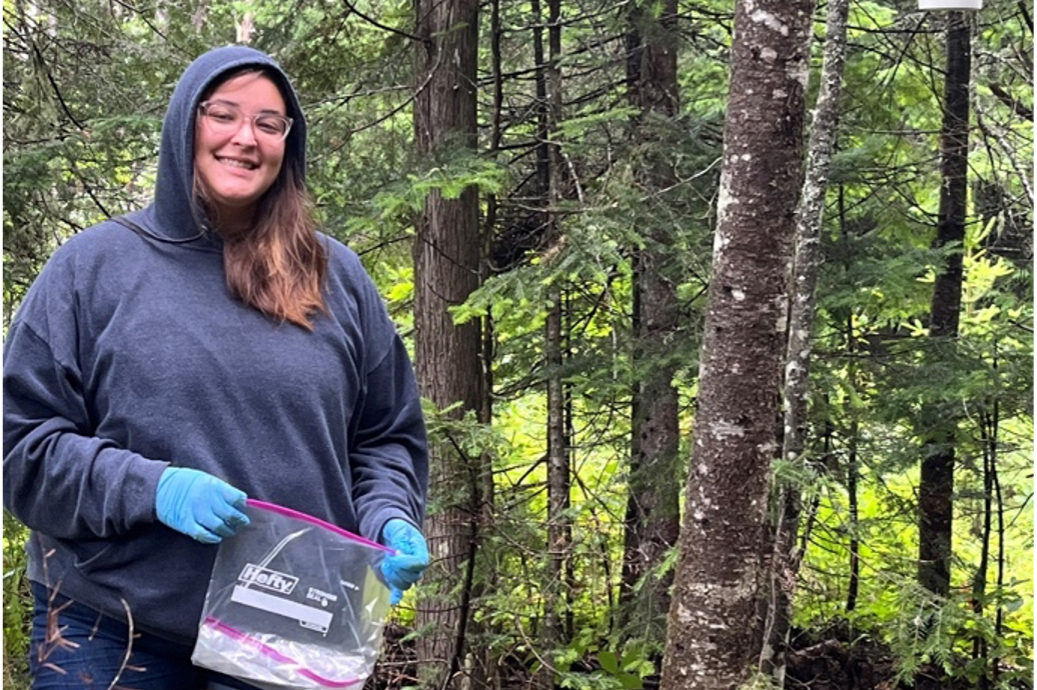
Assessing eDNA as a monitoring tool for forest arthropod biodiversity and pests.
Principal Investigator: Jason Johnston, University of Maine
Abstract: Arthropods including insects and spiders are an integral component of forest food webs and ecosystems, provide the primary food source for many wildlife species, and are critical to maintain healthy forest ecosystems. Some arthropods are also important pest species – including both native, cyclical insects such as Eastern Spruce Budworm and introduced, potentially invasive insects, such as Emerald Ash Borer. It is critical to be able to measure forest biodiversity generally and detect these pest species, and while significant pest monitoring already occurs, a new approach may add increased ability to detect pests as well as biodiversity more broadly. Using environmental DNA ( eDNA) researchers will assess the ability to detect pest species in known infestations, emerging areas, or areas with small or no population detected and to determine at what scale environmental DNA (eDNA) sampling approaches may be used. A second objective of this project is to reduce barriers to successfully using an eDNA approach for forest managers. We will provide tools to support the identification of arthropod species by publishing sampling and laboratory protocols, and through development of a user-friendly data analysis framework and open-source software. One outcome of this work is that forest stakeholders would be better able to detect forest pests and biodiversity, in order to maintain healthy Northern Forest ecosystems, especially in light of these current and emerging threats. Thus, broader outcomes include positive impact on conserving the economic and indigenous cultural value of these resources, in addition to broader ecological and societal value.